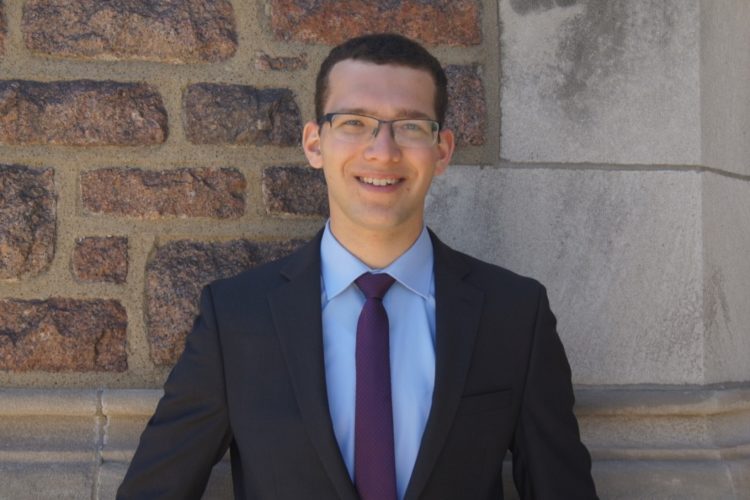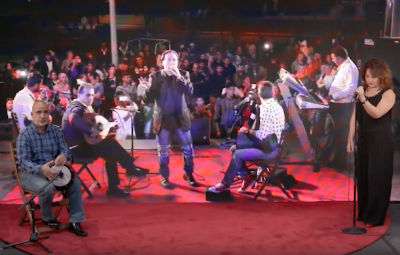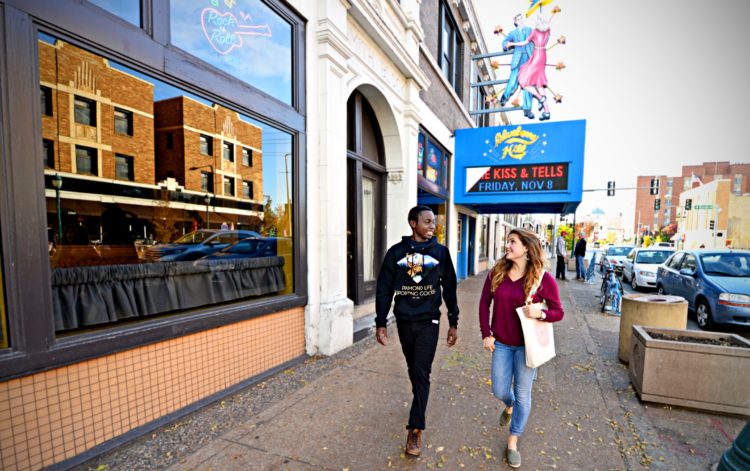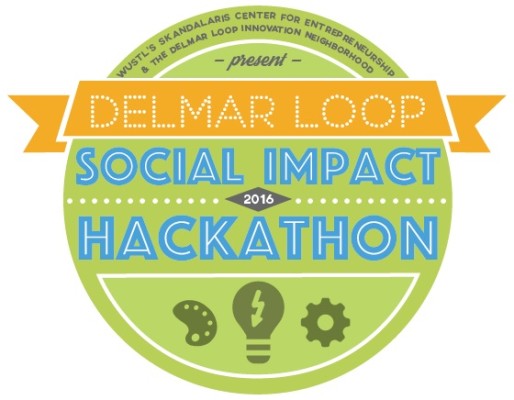Ben Kosowsky, BSBA ’20, wrote this post on behalf of Bear Studios LLC.
“Life can only be understood backwards; but it must be lived forwards.” — Soren Kierkegaard
Take a moment and think about yourself five years ago—or even just one year ago. Consider the day-to-day issues you were facing and your near-term worries. I would bet that you cannot remember most of your troubles. And even if you can, they are likely not the same as those that bother you today.
Contemplate your attitudes and outlooks and reflect upon how different they are from your current perspective. If you are anything like me, it borders on absurd to think that you were the same person who had those thoughts and took those actions just a short while back.
Now, recognize that much of what you are concerned with and think about today will likely seem petty in five years’ time—or even just one year from now. The appreciation that you always have grown and always will grow is certainly important, yet it is only the first step in orienting your mindset toward personal growth.
Before I continue, let me introduce myself. My name is Ben Kosowsky and I am a sophomore at Olin Business School triple majoring in finance, economics and strategy, and philosophy. I consider myself to be a growth-oriented person. What follows are some of the strategies I use to maximize my personal growth.
Self-Reflection
Self-reflection can and should be different for everyone. For me, the most successful strategies have been documentation, meditation, and rebuke.
I became inspired to keep a journal after an interview with a “brother” in Delta Sigma Pi during my pledging process freshman year. Since then, I have spent at least 15 minutes every night reflecting on my day, focusing on what and how I can improve.
At first, meditating even for five minutes was very hard for me, but I have now reached the point where I can meditate for 30 minutes at a time. This contemplative time has trained me to let go of unproductive thoughts, focusing intensely instead on critical matters.
Finally, the strategy of rebuke, derived from the Jewish concept of Tochacha, involves inviting your closest friends to criticize you and explain how you can improve. This requires a tremendous amount of trust, but hearing your flaws from those closest to you can open your eyes to issues that documentation or mediation won’t bring to light.
Openness
Throughout your life, the vast majority of your thoughts and beliefs have changed, and they will continue to change. To embrace the inevitability of this change, you should actively seek out new ideas by exposing yourself to as many different perspectives as possible.
Everyone has things you can learn from them and taking the time to listen will help you truly understand their vantage point. Realize that you already know any potential things you will say, so you can maximize learning and growth by listening to what others have to say, and then determining what is valuable.
Perspective
While it is critical to be open to new ideas, it is equally as important to not care too much about other’s perceptions of you. Reflect on how much you cared about what the cool kids in middle school thought about you, and how little you care about their perceptions now.
On a more macro level, realize that societal definitions of success are sometimes just as arbitrary as “coolness” was in middle school. Additionally, notice how large of a role randomness plays in life and allow yourself to take some of your accomplishments and failures with a grain of salt.
This should help you realize how important it is to live your life only according to your own value system and not according to anyone else’s.
Challenge
One thing most people try to avoid is the feeling of being uncomfortable. My objective throughout college has been to challenge myself with a set of goals that push me beyond my comfortable limits, while still giving myself a chance at success.
In my first semester at WashU, I challenged myself to join as many on-campus organizations and to take on as much leadership and responsibility as possible. In my second semester at WashU, I challenged myself to think outside the box in terms of my career path and began to pursue opportunities in growth equity, instead of a more traditional path.
Last semester, I challenged myself to eat meals one-on-one with as many people as possible in order to deepen my relationships. My challenges this semester have been to meditate, to work-out, and to read at least one hour of philosophy every day.
None of these tasks were (or are) easy for me, but the key to growth is pushing your limits by setting your mind to overcome what makes you uncomfortable.
Failure
Embracing failure is not about being content with losing or not caring about success; instead, it is realizing that every struggle is an opportunity for learning and growth. Everyone struggles through failures in life. Learning to deal with and bounce back from them is the true test of one’s character.
One way I think about struggle is through the lens of what I call Type 1 versus Type 2 situations. A Type 1 situation is one you enjoy during the moment and will remember as a positive experience. A Type 2 situation is one where you are struggling during the moment and will likely remember it as a negative experience.
If you train yourself to recognize the potential growth opportunities of a Type 2 situations while in the midst of one, you can focus on how you can learn and grow from the struggle instead of dwelling on the struggle itself.
These strategies should be continuous processes that push you and keep you from becoming complacent. If you make a “wrong” decision, don’t dwell on your mistake (the “right” answer always seems obvious in 20/20 hindsight), but focus on how you can learn and grow from it.
If you consistently learn about yourself through self-reflection, open yourself to new ideas, take other people’s perceptions less seriously, push your comfortable limits with challenging goals, and learn to embrace failure, then you are well on your way to achieving personal growth.
 Guest blogger: Ben Kosowsky, BSBA ’20, is a triple major in finance, economics and strategy, and philosophy; he is a strategy fellow at Bear Studios LLC.
Guest blogger: Ben Kosowsky, BSBA ’20, is a triple major in finance, economics and strategy, and philosophy; he is a strategy fellow at Bear Studios LLC.




 Laura Glanz, BA ’21 is a strategy fellow at
Laura Glanz, BA ’21 is a strategy fellow at 




 We’re giving away over $3,000 in cash prizes to the best ideas! Mentorship will be available to those wanting to implement their idea afterwards.
We’re giving away over $3,000 in cash prizes to the best ideas! Mentorship will be available to those wanting to implement their idea afterwards.